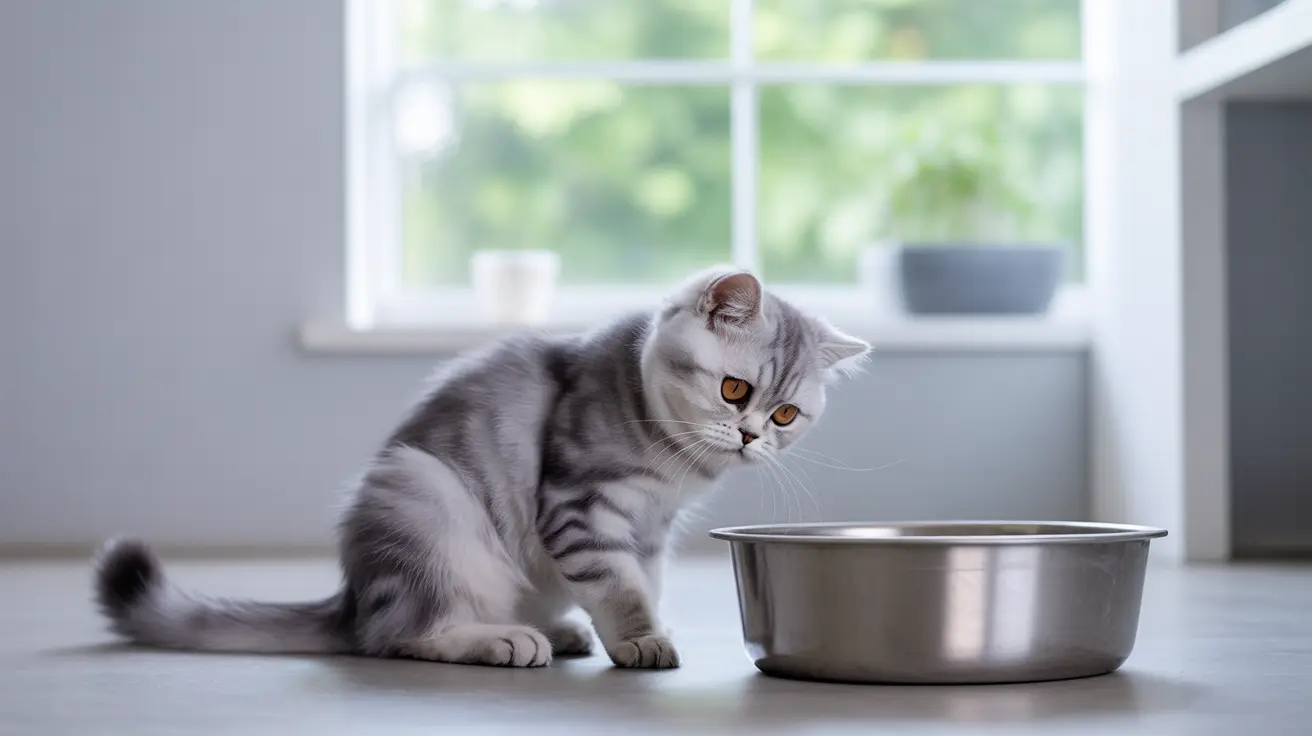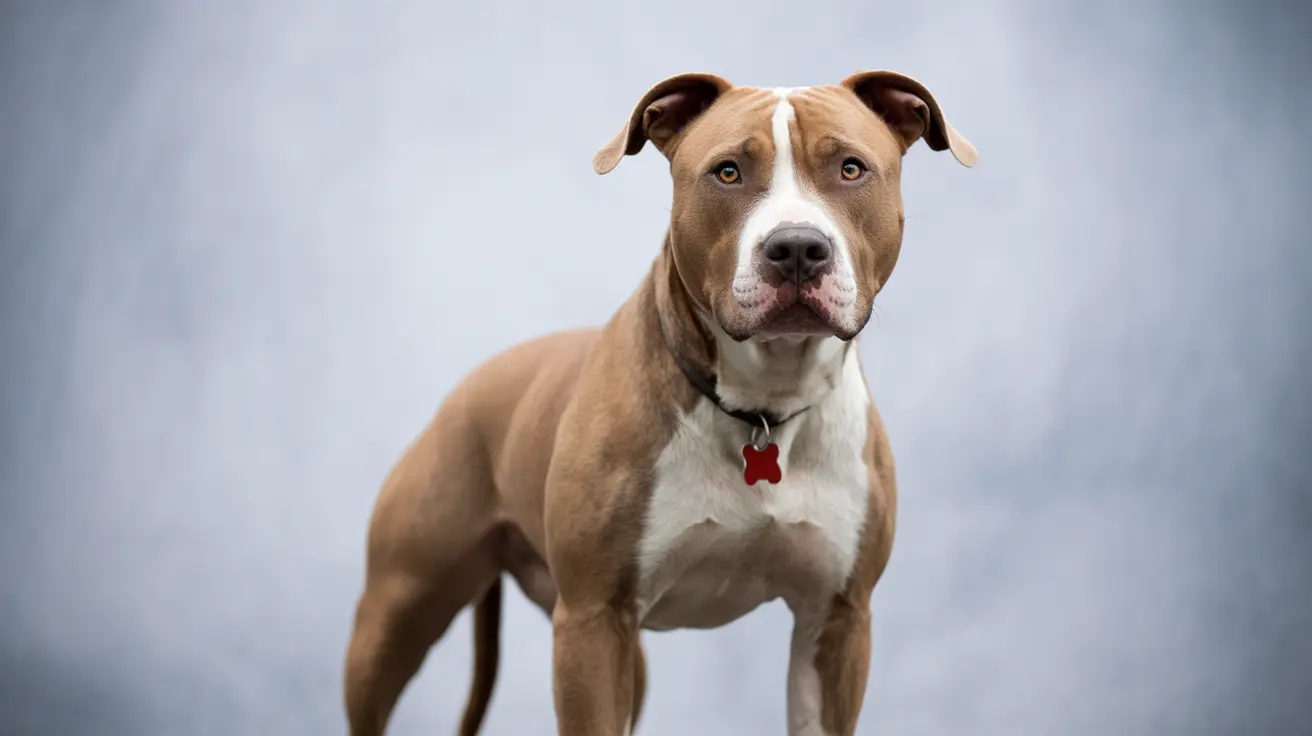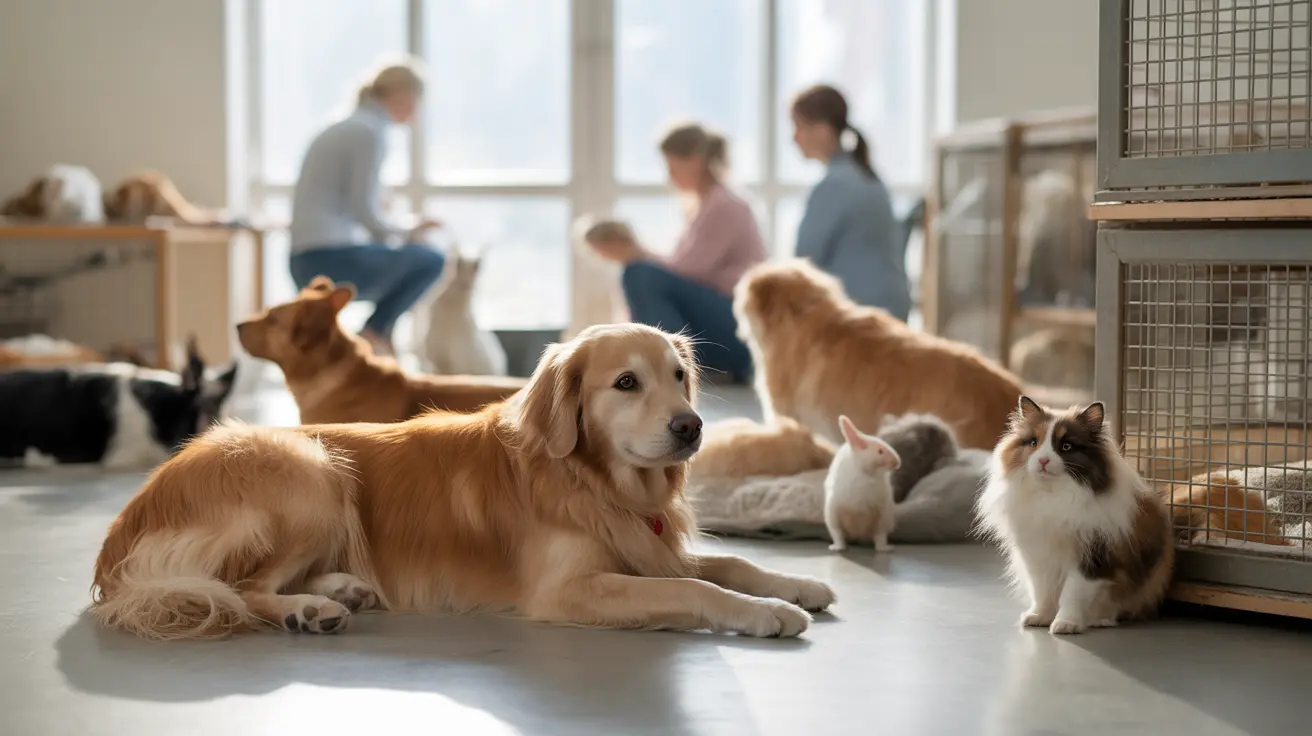If you've noticed your cat's litter box emitting particularly strong odors lately, you're not alone. Many cat owners struggle with this common yet concerning issue. While some degree of odor is normal, extremely foul-smelling cat poop can signal underlying health issues that deserve attention.
In this comprehensive guide, we'll explore the various causes of particularly smelly cat feces, when to be concerned, and practical solutions to help manage this unpleasant problem. Understanding these factors is crucial for maintaining both your cat's health and your home's freshness.
Common Causes of Strong-Smelling Cat Poop
Dietary Factors and Food Quality
The most common reason for particularly pungent cat feces often traces back to diet. As obligate carnivores, cats require high-protein diets, which naturally produce stronger-smelling waste due to sulfur compounds. However, low-quality cat foods containing fillers and artificial preservatives can exacerbate this issue significantly.
Recent dietary changes can also trigger temporary increases in fecal odor as your cat's digestive system adjusts. Even high-quality protein sources, especially from hunting activities, can contribute to more potent smells.
Medical Conditions and Infections
Several health issues can cause extremely foul-smelling stools, including:
- Bacterial infections
- Parasitic infections (such as Giardia or worms)
- Inflammatory bowel disease
- Pancreatic insufficiency
- Malabsorption disorders
These conditions often require veterinary intervention and specific treatments to resolve both the underlying issue and the resulting odor problems.
Managing and Preventing Strong Odors
Improve Diet Quality
Switching to high-quality, easily digestible cat food can significantly reduce fecal odor. Look for options with:
- Real meat as the first ingredient
- Limited artificial additives
- Appropriate protein levels for your cat's age and health status
- Minimal grain fillers
Optimize Litter Box Maintenance
Proper litter box hygiene plays a crucial role in odor control:
- Scoop waste at least once daily
- Complete litter changes every 1-2 weeks
- Use unscented, clumping litter
- Provide enough boxes (one more than the number of cats)
- Place boxes in well-ventilated areas
When to Consult a Veterinarian
Seek professional medical attention if you notice:
- Sudden changes in stool odor
- Diarrhea lasting more than 24 hours
- Blood or mucus in the stool
- Changes in appetite or behavior
- Weight loss
- Vomiting
Frequently Asked Questions
Why does my cat's poop smell so bad even though they eat a high-protein diet?
High-protein diets naturally produce stronger-smelling waste due to sulfur-containing amino acids. However, if the odor is excessive, it could indicate poor protein digestion or absorption issues. Consider the protein quality and digestibility of your cat's food, and consult with your veterinarian about potential digestive supplements.
Can food allergies or diet changes cause foul-smelling feces in cats?
Yes, food allergies and sudden dietary changes can significantly impact stool odor. Food allergies often cause inflammation in the digestive tract, leading to malabsorption and stronger-smelling stools. When changing foods, always transition gradually over 7-10 days to minimize digestive upset.
What digestive issues or infections could make my cat's poop smell abnormally strong?
Several conditions can cause abnormally strong-smelling stools, including bacterial infections, inflammatory bowel disease, parasitic infections, and pancreatic insufficiency. Each condition may require different treatments, so veterinary diagnosis is essential for proper management.
How do parasites affect the odor of my cat's stool and how can they be treated?
Parasites can cause particularly foul-smelling stools by disrupting normal digestion and causing inflammation. Treatment typically involves appropriate deworming medications prescribed by a veterinarian, along with preventive measures to avoid re-infection.
What litter box and hygiene practices help reduce the smell of cat poop at home?
Regular scooping (at least once daily), using high-quality clumping litter, maintaining multiple clean litter boxes, and ensuring good ventilation can significantly reduce odors. Consider using activated charcoal filters or natural enzymatic cleaners for additional odor control.
Conclusion
While some level of odor from cat feces is normal, excessive smell often indicates an underlying issue that needs attention. By maintaining proper diet, hygiene, and regular veterinary care, you can effectively manage and minimize unpleasant litter box odors while ensuring your cat's optimal health.






